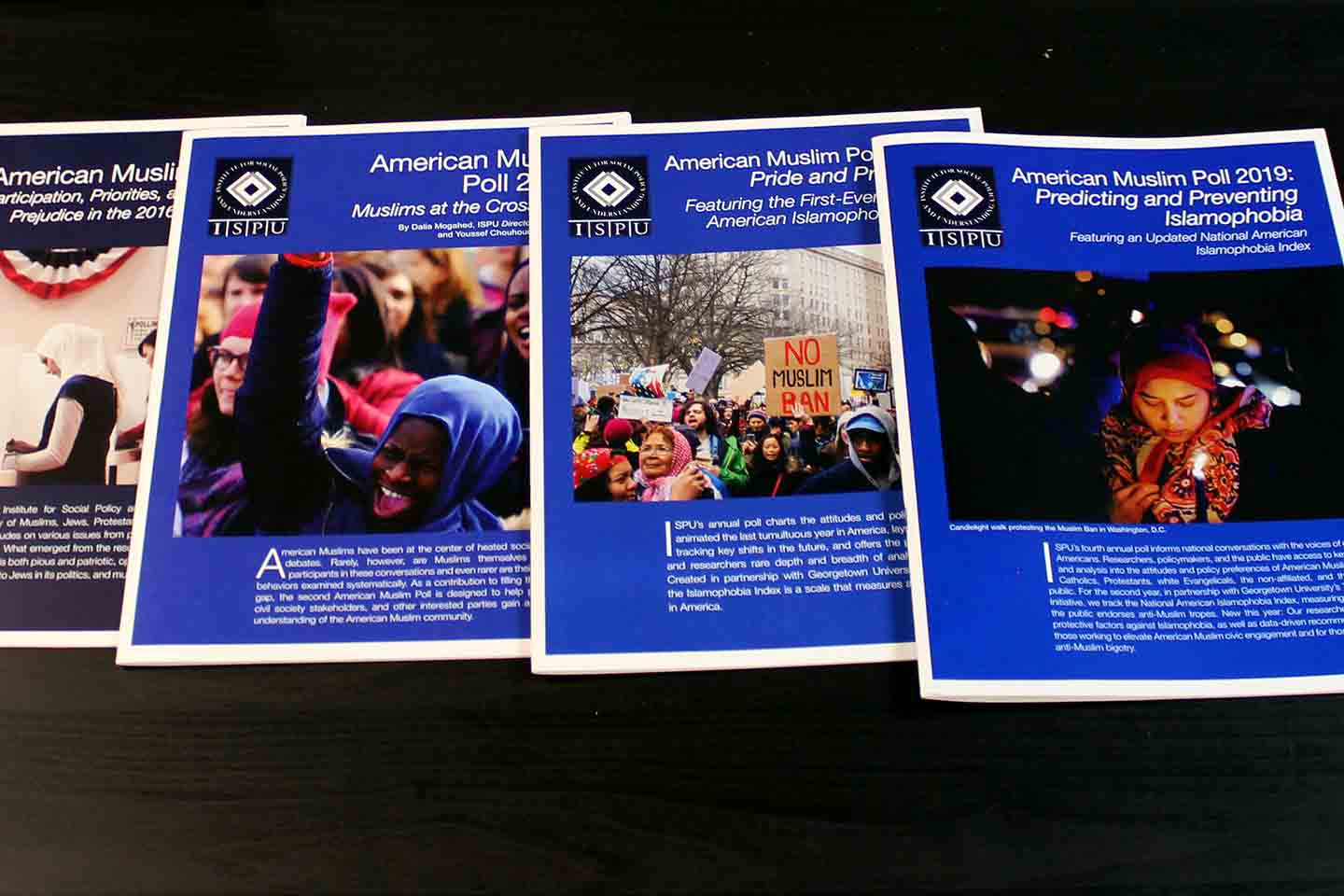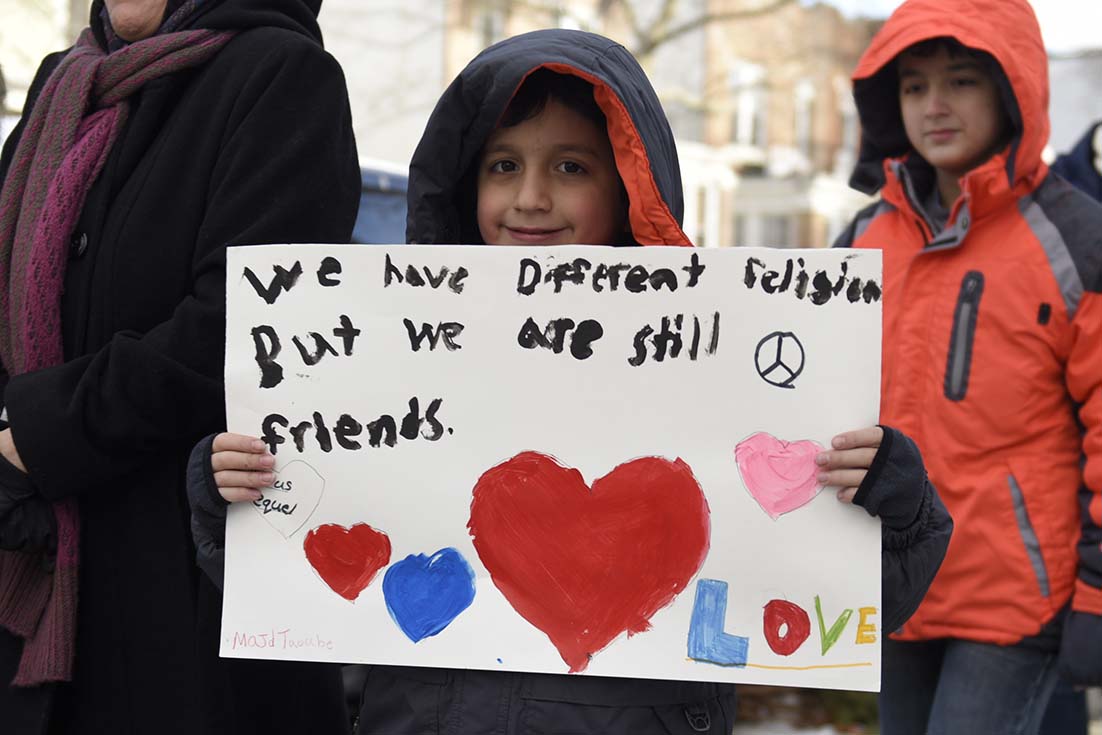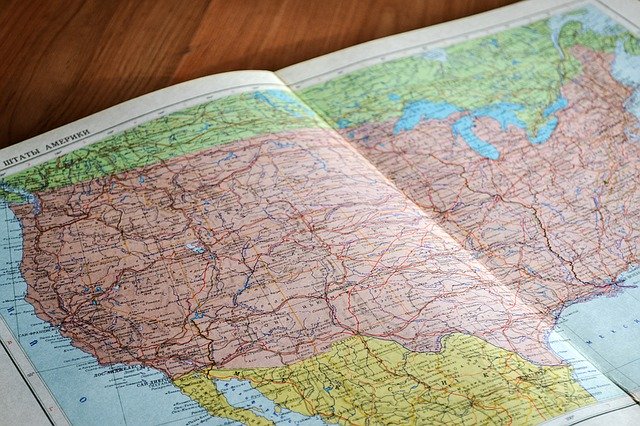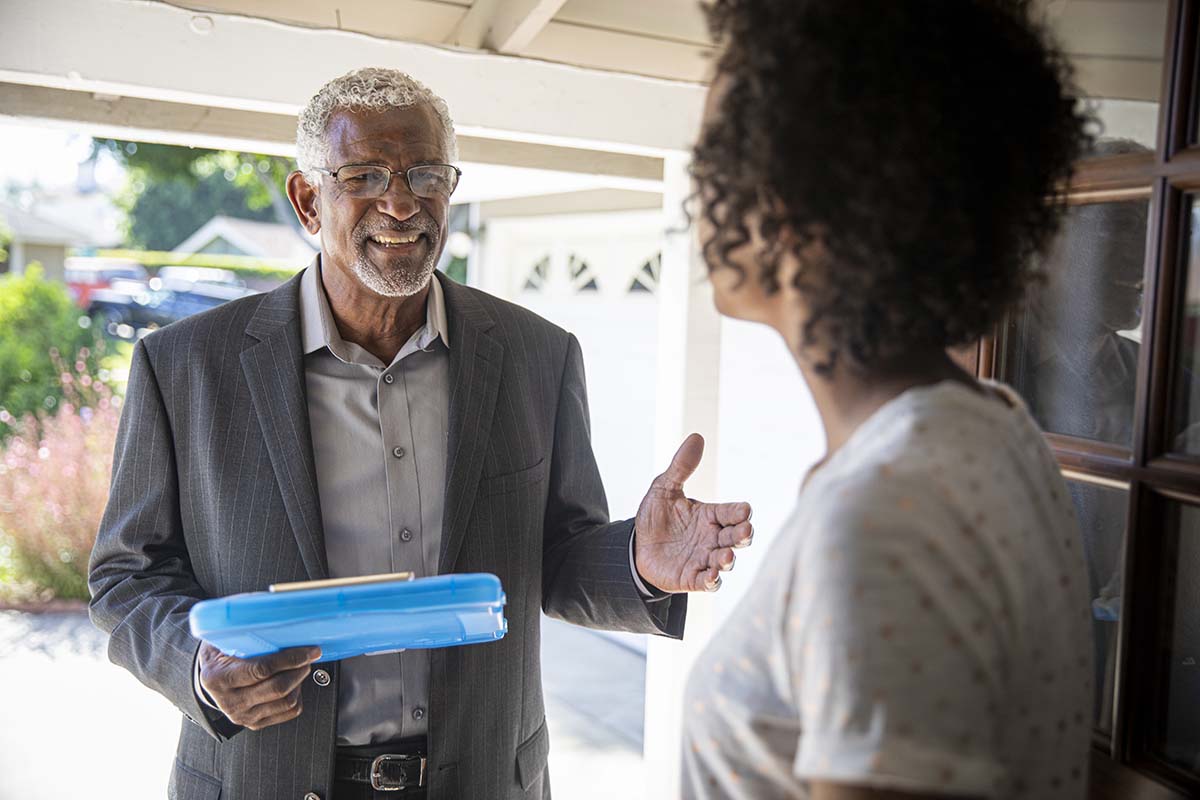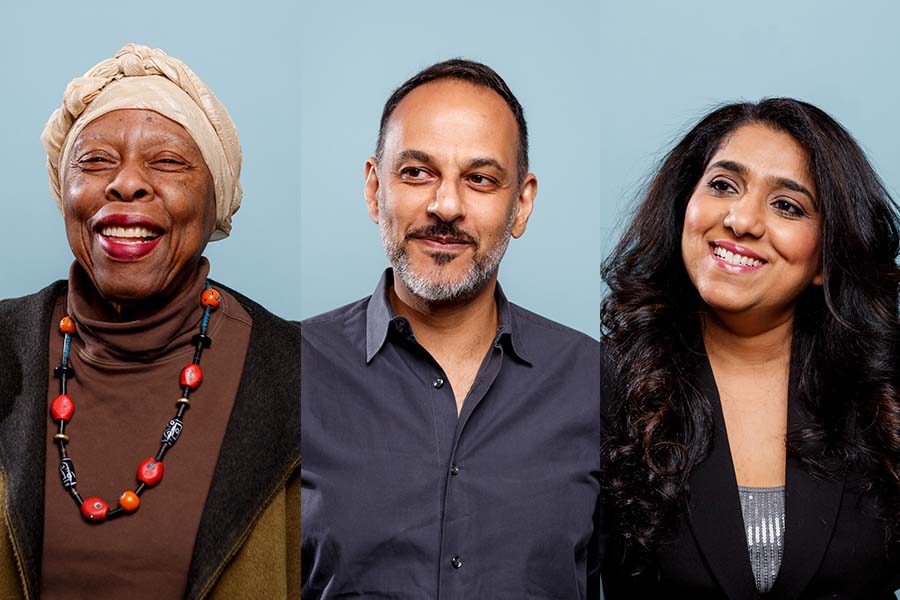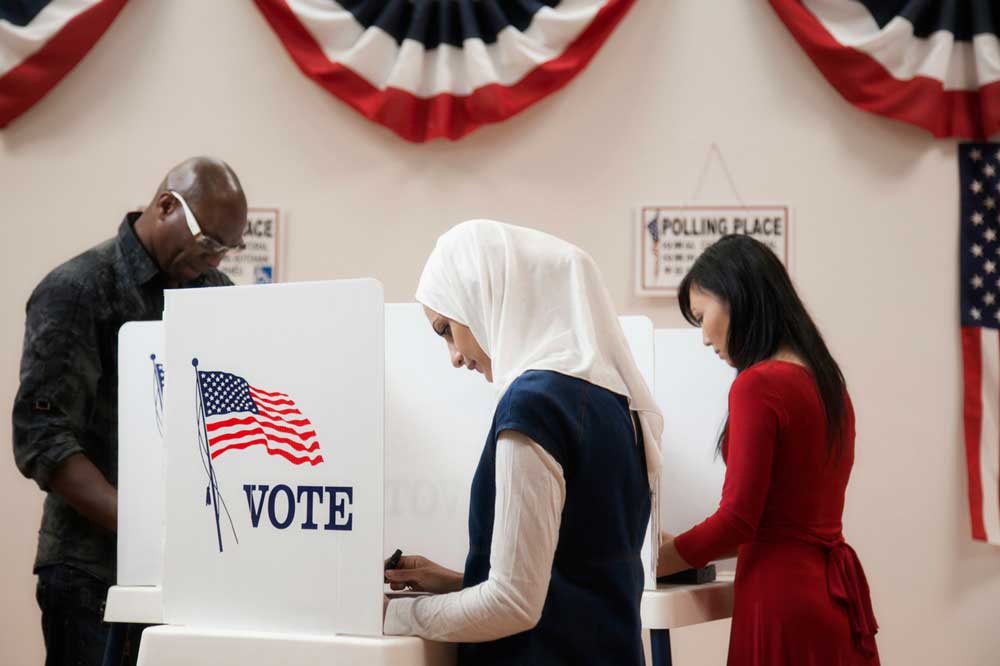ISPU research explores the Muslim experience within America’s diverse faith landscape and amplifies the voices and contributions of American Muslims. Our findings inform and expand conversations with evidence and expert analysis. The goal: fostering an understanding of American Muslims rooted in facts, not fear.
Roughly half of Americans do not know a Muslim personally. So, much of what they know comes from media, where 80% of coverage about Muslims and Islam is negative. In 2019, Muslims (62%) were the most likely American faith group to report experiencing religious discrimination. ISPU’s research examines the structural barriers that exclude American Muslims and prevent them from full and equal participation in American society. Our findings explore common challenges, identify solutions, and provide policymakers, media professionals, nonprofit leaders, educators, and the general public with an accurate and nuanced understanding of American Muslims and the issues that impact them.
American Muslim Opinions + Demographics
ISPU’s American Muslim Poll captures the attitudes and opinions of individuals from a variety of faith and non-faith groups on topics such as religion, politics, and civic engagement. Published annually since 2016, our American Muslim Polls provide data-driven analysis for a multi-dimensional understanding of Muslims in America, as well as the public’s opinion on issues impacting American Muslims.
In 2018, ISPU and Georgetown University’s Bridge Initiative began tracking a tool called the Islamophobia Index, which measures public endorsement of anti-Muslim sentiment and plots various faith and non-faith groups along a 1–100 additive scale.
This benchmark study, the first of its kind on the Bay Area’s Muslim community, provides groundbreaking data on its demographics, sense of identity, economic well-being, political and civic engagement, and challenges.
ISPU’s American Muslim Poll captures the attitudes and opinions of individuals from a variety of faith and non-faith groups on topics such as religion, politics, and civic engagement. Published annually since 2016, our American Muslim Polls provide data-driven analysis for a multi-dimensional understanding of Muslims in America, as well as the public’s opinion on issues impacting American Muslims.
In 2018, ISPU and Georgetown University’s Bridge Initiative began tracking a tool called the Islamophobia Index, which measures public endorsement of anti-Muslim sentiment and plots various faith and non-faith groups along a 1–100 additive scale.
This benchmark study, the first of its kind on the Bay Area’s Muslim community, provides groundbreaking data on its demographics, sense of identity, economic well-being, political and civic engagement, and challenges.
Barriers to Equality
This study compares U.S. media coverage, law enforcement tactics, charges, and eventual sentencing when the perpetrator of an act of ideologically motivated violence is perceived to be Muslim vs. not perceived to be Muslim.
This study examines the impact of Islamophobia on the wider public, offering historical context and modern-day best practices to meet this challenge.
This data visualization maps legislative efforts across all 50 U.S. states to restrict rights for a variety of marginalized communities. Our data shows the same legal efforts that target Muslims also often support laws that disproportionately harm other marginalized groups.
American Muslim Contributions
This case study explores the journey of a group of American Muslims from northern Virginia that took measures to create and nurture an ecosystem to improve their community’s political engagement. The group’s strategic aim was to increase American Muslim participation and representation at local, city, county, state, and national levels through volunteer service, appointment, and election.
This study documents the impact of American Muslims in the fight against COVID-19. ISPU collected survey responses from across the country and created an interactive map sorted by state and category. This collection of contributions will serve as a living document, recording the story of American Muslim impact during this time.
This study quantifies the contributions of Muslims living in New York City and the state of Michigan in eight areas, including civics, medicine, sports, and the arts. Explore portraits, videos, vignettes, and data sets highlighting the achievements and impact of the many Muslims who contribute to the well-being of all Americans.
In the midst of a polarized and heated 2016 election season in which Muslims were frequent subjects of national debate, this study set out to discover what American Muslims wanted for themselves and recommended pathways for greater civic engagement.




